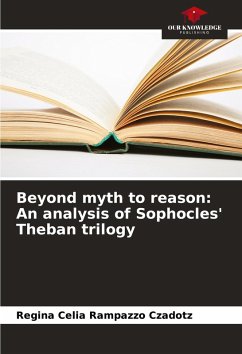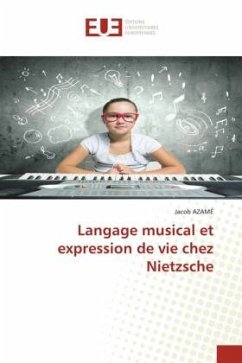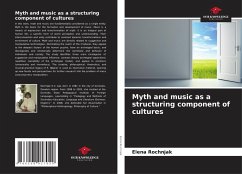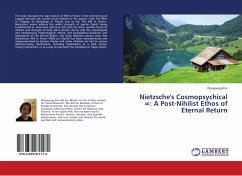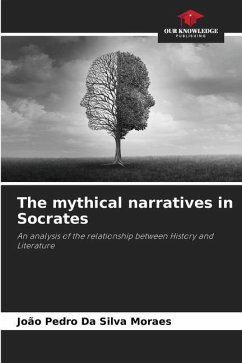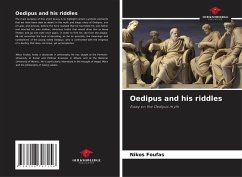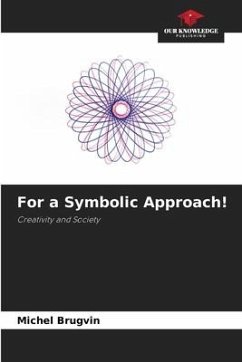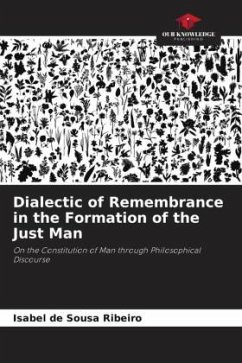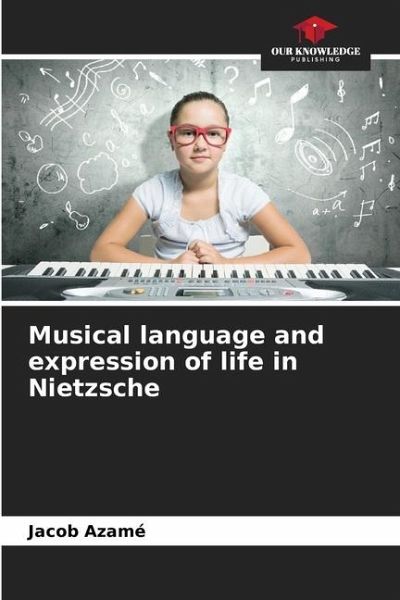
Musical language and expression of life in Nietzsche
Versandkostenfrei!
Versandfertig in 6-10 Tagen
53,99 €
inkl. MwSt.

PAYBACK Punkte
27 °P sammeln!
This dissertation, entitled "Musical language and expression of life in Nietzsche", examines the relationship between music and life as seen through the eyes of Friedrich Nietzsche. The main aim of this study is to explore how Nietzsche perceived music as a specific language, and how he believed this form of expression could convey the intensity of life. Our starting point is the hypothesis that Nietzsche saw music as a pure, dynamic form of expression, capable of communicating emotions and feelings that other art forms could not. Music possessed the unique ability to transcend the limits of v...
This dissertation, entitled "Musical language and expression of life in Nietzsche", examines the relationship between music and life as seen through the eyes of Friedrich Nietzsche. The main aim of this study is to explore how Nietzsche perceived music as a specific language, and how he believed this form of expression could convey the intensity of life. Our starting point is the hypothesis that Nietzsche saw music as a pure, dynamic form of expression, capable of communicating emotions and feelings that other art forms could not. Music possessed the unique ability to transcend the limits of verbal language and communicate directly with the human soul. At one point in his life, however, Nietzsche was greatly disappointed by Greek and modern scholars who, he claimed, had banished musical drama from tragedy. Apart from this unfavorable aspect, Nietzsche maintains that music is intrinsically linked to the notion of the will to power, a central concept in his philosophy. Music has the extraordinary power to sublimate human suffering.





